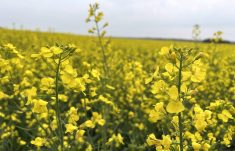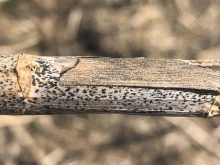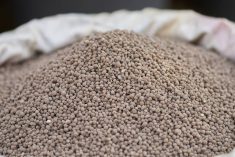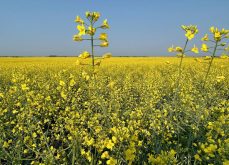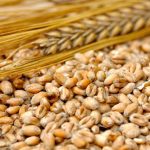Wait and hope. And test.
That’s about all Alberta canola growers can do as what appears to be political gamesmanship by China plays out.
News that Canada’s biggest buyer of the oilseed had cancelled Richardson International’s registration to ship canola prompted worried producers to call the Alberta Canola Producers Commission.
“At first it was kind of confusing,” said Alberta Canola general manager Ward Toma. “Some folks thought that all canola had been banned.
“A lot of farmers are concerned. Especially if they still have grain in the bin to sell and if they are in an area where Richardson is their primary facility, they’re really worried about that.”
Read Also
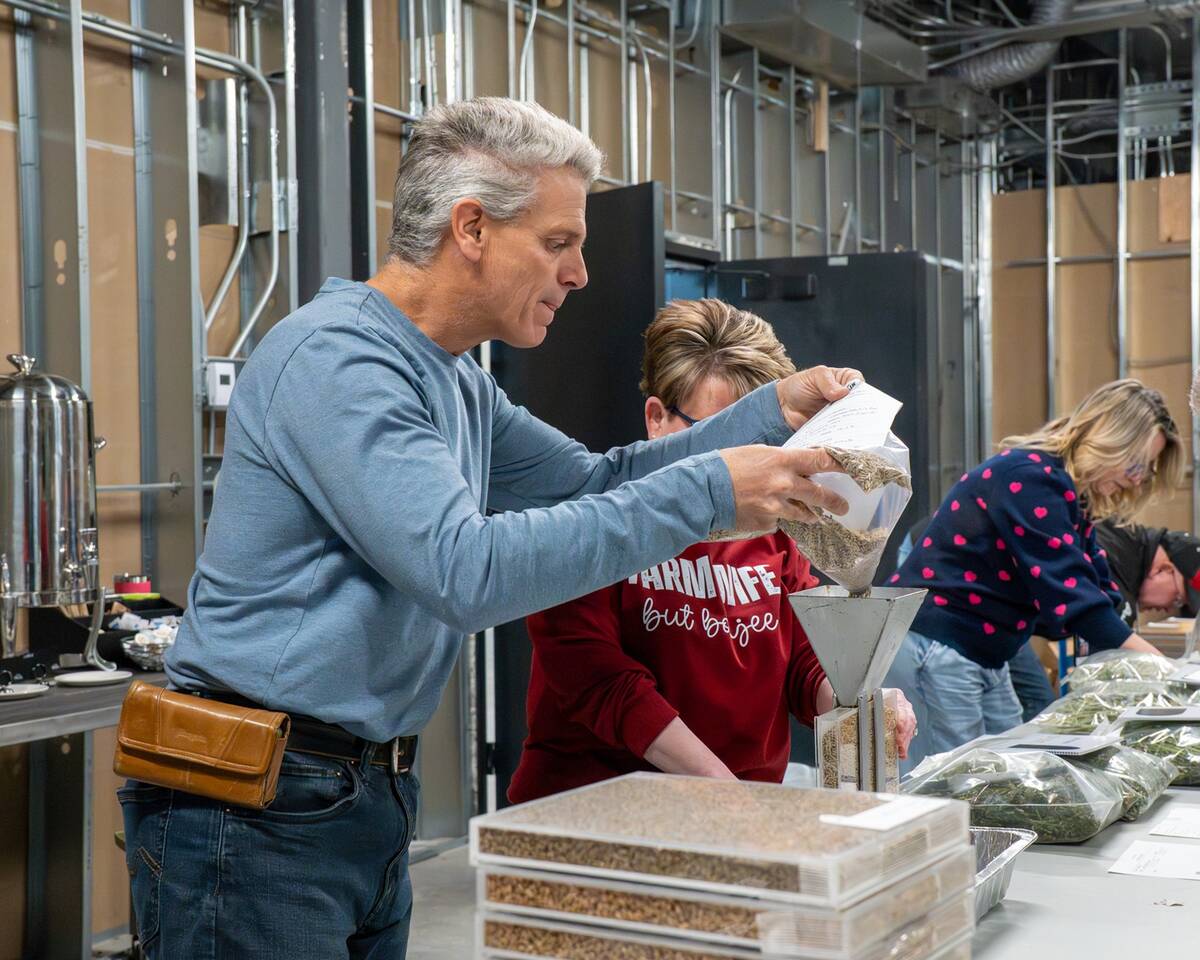
North American Seed Fair continuing a proud 129-year-old agricultural tradition
One of North America’s longest continually lasting seed fairs makes its 129th appearance in southern Alberta.
It is a confusing situation in that China claims the move was the result of “harmful organisms” being found in canola shipments from Richardson. But despite repeated requests from Canada, Chinese authorities haven’t provided evidence of contamination.
“In response to China’s notices on non-compliance, the CFIA conducted further investigations and confirmed it has not identified any pests or bacteria of concern,” said Agriculture Minister Marie-Claude Bibeau.
- Read more: Trudeau optimistic about making progress to end China canola ban
- Read more: China stops buying Canadian canola
- Read more: Canada working to end China’s canola block, Freeland says
The Canadian Food Inspection Agency and the Canadian Grain Commission are in control of the samples and the retesting of them, said Toma.
“They’re the ones who will be talking to the Chinese counterparts,” he said.
It’s widely believed that Canada’s decision to arrest Huawei vice-president Meng Wanzhou at the request of U.S. government on alleged fraud charges is behind China’s actions.
Richardson has exported canola to China for decades, but never experienced anything like this, said Jean-Marc Ruest, the company’s senior vice-president of corporate affairs.
“This has been a culmination of a few months of issues with China where they have been raising complaints with respect to Canadian exports of canola, and not just Richardson but other shippers and issuing notices of non-compliance that from our perspective and the CFIA’s that didn’t measure up,” Ruest said. “From our view there is no basis for them.
“We are very comfortable with the product that we exported. Our test samples quite frankly didn’t show the same things as what they were suggesting were the issues.”
Be extra vigilant
But even if the move is political, chastising China isn’t the route to go, said Ward.
“It’s not helpful to start banging the drum about politics or start pointing fingers at Chinese politicians,” he said. “When a significant customer has an issue, you don’t start yelling at them and telling them they are wrong. You try to address their issue, to find out and get to the bottom of things.”
The grain commission and the CFIA are looking into the allegations of contamination and they should be extra vigilant, he added.
“What happens if what they’re saying is true? Then we have a real problem. We need to try to rule those out.”
A Chinese government website translated by Google says officials detected blackleg, bacterial leaf spot, sterile wild oat, cocklebur, Palmer amaranth, and other pests in Canadian canola.
There is a fear that other companies could get banned or could have their permits pulled, said Toma.
“That’s another reason to get to the bottom of this. Everyone should be testing their samples,” he said.
A hiccup?
“If it’s a quality issue we should be able to resolve it quickly,” Canola Council of Canada vice-president Brian Innes said earlier this month.
“We’re very mindful that the fundamentals of the relationship between Canada and China haven’t changed,” he said, alluding to a council release saying China needs Canada’s canola and Canada has lots of good-quality canola to sell.
“We’re experiencing a hiccup,” Innes said.
But farmers have cause to be concerned, said Canadian Canola Growers Association CEO Rick White.
“If Richardson can’t buy it (canola) and move it and send it to China, farmers will be left with it here in Canada trying to find different locations to ship it to,” he said. “That could have a significant disruption given that it’s a 4-1/2-million-tonne export country and we rely heavily on that.”
Even prior to China’s action, canola prices have been slipping.
Toma is unsure if the situation will affect the seeding plans of Alberta growers.
“Things have been relatively quiet since (the Richardson situation) was announced,” he said. “Some guys are locked in and they’re going to sell it. There’s still good demand in Canada and the United States and everywhere else. And even in China, there’s good demand.”
The situation is an example of why trade agreements are important, he added.
“They lay out the rules for situations like this. That’s why we’ve always supported a bilateral agreement with China. That’s why we support the (Trans-Pacific) and the U.S. trade agreement as well. It lays out the rules. When something like this arises, we know exactly what to do and they know exactly what to do and there’s a mechanism for solving a conflict.”
China buys about five million tonnes of Canadian canola (about 40 per cent of exports) annually, with about two million tonnes coming from Richardson.




